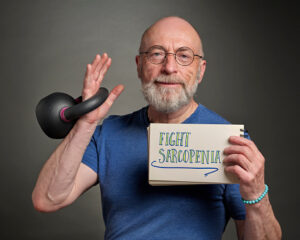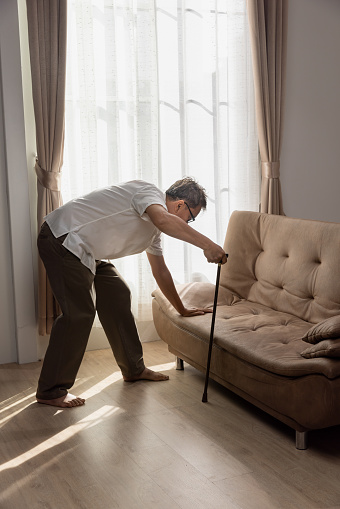Frailty- This is a new ‘buzz’ word discussed in medical professions in relation mostly to older people. Some people look ‘frail’ due to a recent change in their condition especially if there is a significant drop in weight. But you don’t have to be underweight to be frail.
Do you have a loved one who is frail? The medical syndrome, frailty can be classified by objective measures. Someone starts to walk slowly and looks ‘older’, is more easily confused, is susceptible to new medications, complains about exhaustion and may have incontinence. Frailty is becoming more common in our community as we are ageing longer and have more complex diseases. People put frailty down to the normal stages of ageing, but it is important to recognise this syndrome and seek early intervention.
The objective tests done in the clinic to measure someone’s frailty include but are not exclusive to: the hand grip strength, gait speed, weight, timed up and go test. Medications are reviewed by the doctor and medical conditions optimised. All the drug trials conducted in the past excluded the frail older person, so we need geriatricians to help guide the appropriate dosage especially as we age. Blood tests can be mostly normal or may have a low albumin. Frailty and the degree of frailty can be determined in the clinic.
The degree of frailty is not a static record but can fluctuate and vary over time so interventions can be helpful over time. People with cerebrovascular disease, cardiovascular disease and renal failure and more at risk of frailty.
Sarcopenia often goes hand and hand with frailty. Sarcopenia is associated with a decrease in muscle mass, strength and function. Sarcopenia has been known to decrease the ability to perform day to day activities at home.
When people are frail, it is time to turn the trajectory around to a more optimal position. This requires a medical review, nutritional support and a specialised physiotherapy program focusing on strength, balance, and endurance. If we miss the time to act, the trend is for the person to continue to decline leading to an increase in vulnerability and decrease in intrinsic reserve. The ability to recover from a small event is even harder. There is an inability to fight infections, recover from operations and illnesses and increase the risk of falling leading to injuries which may be permanent and lead to nursing home placement.



